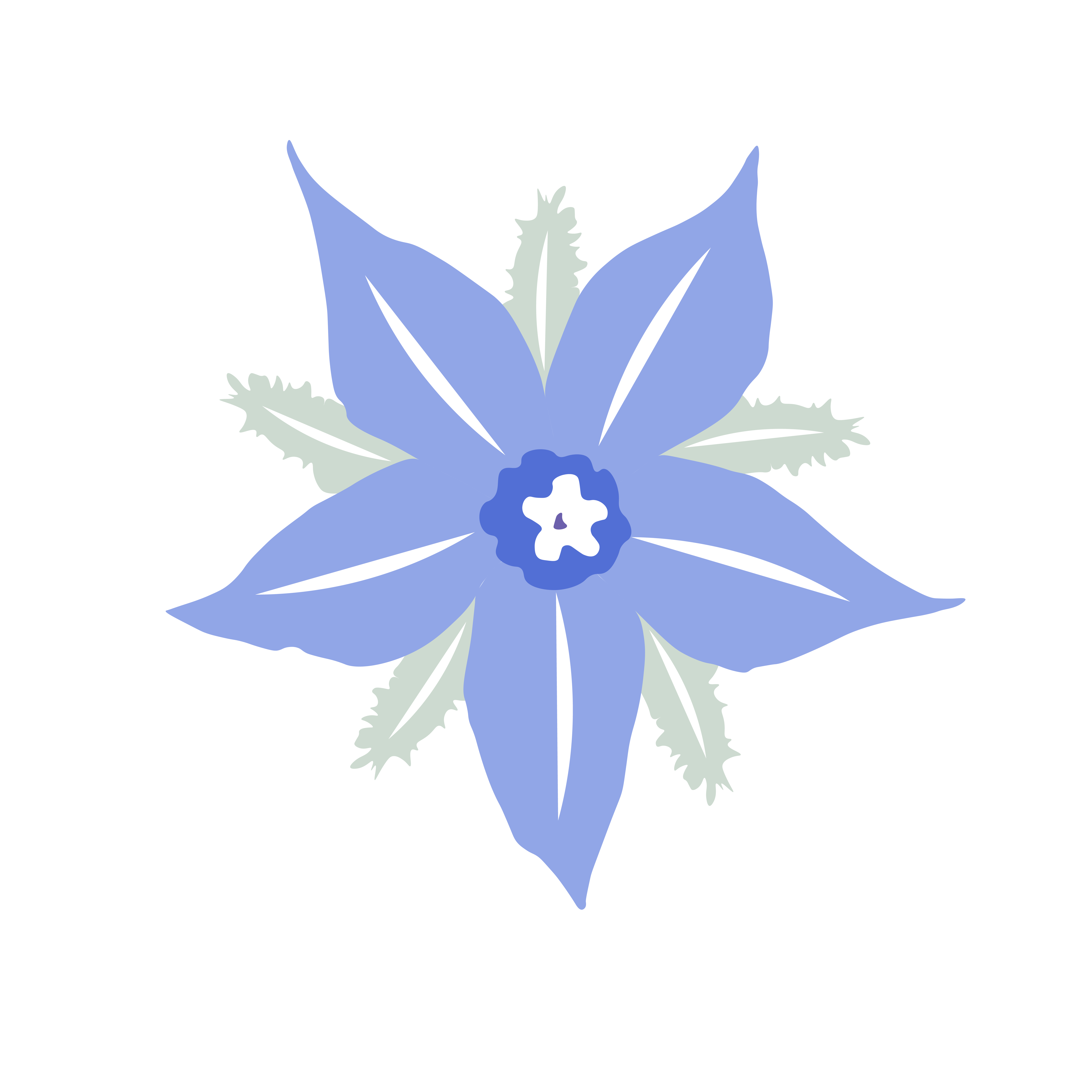By Susan Dunlop — Founder of Blue Borage, creator of the Blue Borage Conversation Café, Advisory Board Member at 5WAVES, and champion of the memoir-guide Resolve by Alice Perle
Last week, at the Daniel Morcombe Foundation’s Bright Futures National Symposium, I watched people walk toward our resource showcase table with an almost knowing nod.
“We are seeing this all the time,” they’d say, looking first at the stack of Resolve we had for sale and then the 3 flyers I was sharing for the first time in Australia – all informational with regards to sibling sexual trauma generally, or for parents, and for schools. Those three flyers were created by the directors at 5WAVES.org in the USA.
The people at our table were educators, social workers, psychologists, youth workers, and child protection practitioners — the very people who meet children and families in the messy middle of harm and healing.
Context matters
The Symposium’s theme, From neighbourhoods to devices: contextual prevention in action, offered a much-needed reminder: safeguarding doesn’t happen in a vacuum.
It asks us to look not just at “the one person who caused harm,” but at the wider ecology — the home, peer groups, schools, online spaces, cultural norms, and community attitudes that shape both risks and responses.
Not that the purchasers were aware of it yet, because they were just choosing to learn more by reading the memoir and guide, Resolve, but Alice Perle doesn’t simply tell her story of surviving sibling sexual abuse (SSA).
She takes us up the family tree, across the neighbourhood, and deep into the social and cultural context of 1970s and 80s Australia — a time and place where certain dynamics made the abuse possible, and the silence inevitable.
- Parents distracted by marital discord and financial strain.
- Four children close in age, raised by adults who themselves had no siblings and no model for healthy sibling relationships.
- A “good” older son relied on as caretaker, granted power he was not mature enough to wield.
- A neighbourhood culture of minding your own business.
- A church environment heavy on rules, guilt, and shame.
- A society where children were to be seen and not heard.
These weren’t excuses — they were contextual factors that, left unexamined, allowed harm to continue and be minimised for decades.
What is contextual safeguarding?
Originating in the UK and now influencing global practice, contextual safeguarding is about recognising that a young person’s safety is shaped by more than their immediate home life.
It expands the safeguarding lens to include:
- Community spaces — parks, streets, shopping centres.
- Peer relationships — both protective and harmful influences.
- School environments — from curriculum to culture.
- Online contexts — social media, gaming, messaging platforms.
By understanding these environments — and the interactions between them — professionals can develop interventions that not only respond to harm, but prevent it.
Why this matters for conversations like ours
In our Blue Borage Conversation Café sessions, we’ve discussed that survivors and parents often focus on who did the harm. SSTA is the last taboo, an awkward subject, yet we are slowly opening up a global conversation. In September we hope that our parent and adult survivor conversation cafe will be a chance to explore the context around SSTA that made that harm possible.
Context helps us see patterns and systemic contributors — and that clarity fuels both prevention and more compassionate, effective justice responses.
For me, championing Resolve isn’t just about one person’s survival.
It’s about offering a real-life, deeply reflective case study in contextual safeguarding — one that has resonated with educators, practitioners, social workers, and even police officers on the front line, who say, “SSA? We are seeing this all the time.”
Our next blog in the series will carry on, along this same theme. I walk into these conferences with my pen and paper ready. By the end of it, I walk away with messages that resonate with me, are relatable, and are important enough to do something with.
If we sit and listen, but don’t act, we’re contributing to the silence of society, as much as any one else. We can make change, together. To me the idea of healthy inquiry from the subtitle of Resolve: A Story of Courage, Healthy Inquiry and Recovery from Sibling Sexual Abuse is where it all begins. We adults, the kids of today, and survivors of yesterday need more of that curiosity by everyone in our community.
Resolve is available for sale everywhere – in paperback, Kindle eBook and audiobook. Head to www.aliceperle.com.au for links to those distributors.
